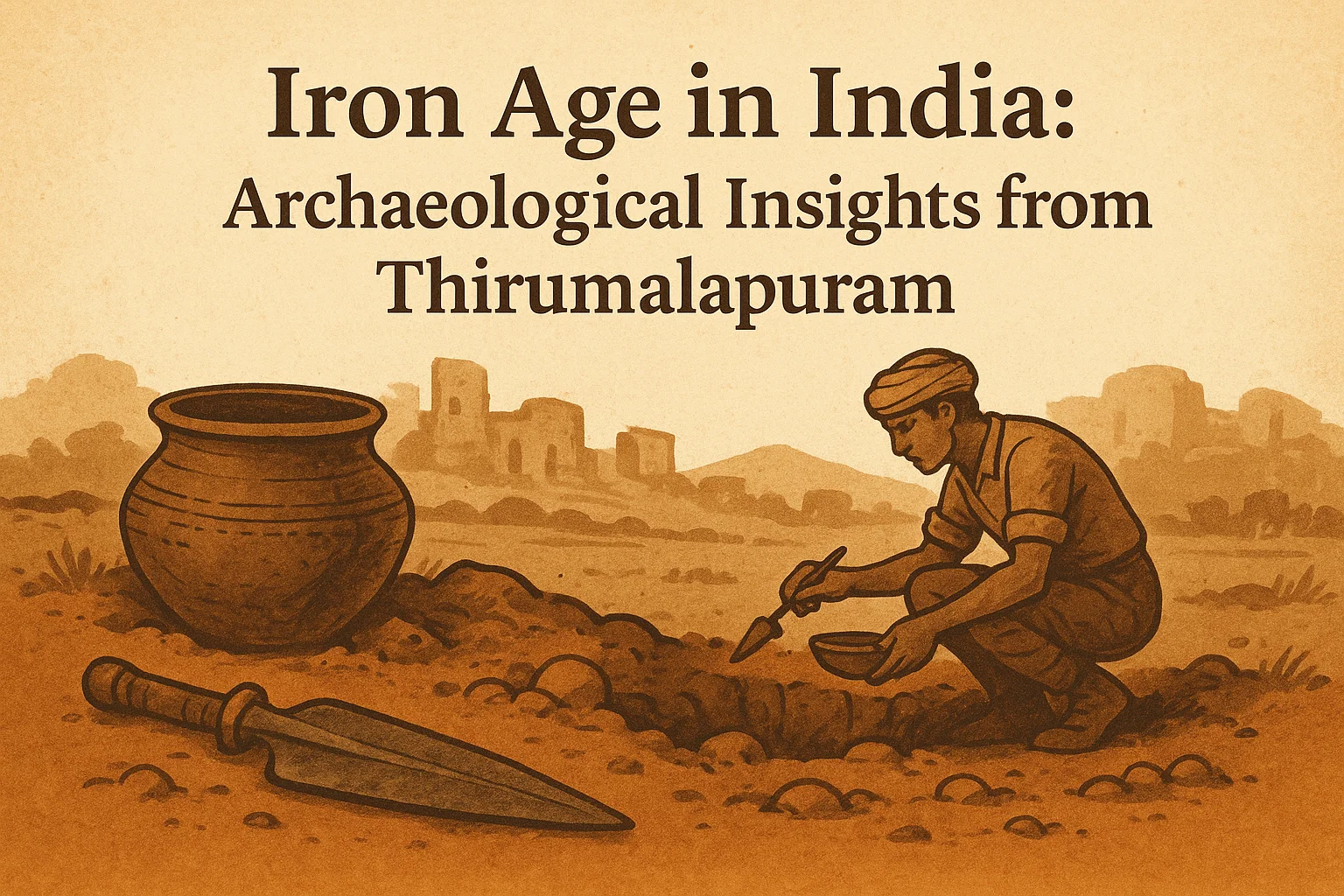Font size:
Print
Global Vaccine Coverage in Crisis
Are vaccine-preventable diseases rising?
Context: In a joint statement, by the World Health Organisation (WHO), UNICEF, and Gavi calls for immediate and sustained political commitment to restore and expand vaccination programmes.
More on News
Global health leaders have raised an urgent alarm over the resurgence of vaccine-preventable diseases like measles, meningitis, and yellow fever, driven by widespread disruptions in immunisation campaigns, shrinking donor funds, misinformation, and conflict.
Why Alarm Bells Are Ringing?
- A recent WHO stocktake of 108 countries, mostly in low- and lower-middle-income groups, revealed that nearly half are experiencing moderate to severe disruptions in routine immunisation and disease surveillance.
- This is especially troubling given the growing number of “zero-dose” children — those who have received no vaccinations at all.
- In 2023, 14.5 million children missed all their vaccine doses, up from 13.9 million in 2022 and 12.9 million in 2019.
- Over 50% of these children live in areas affected by conflict, fragility, or instability, where access to healthcare is poor.
- Even high-income countries are seeing disease resurgence. In the United States, over 935 cases of measles have been reported as of May 1 — a figure triple that of 2024, despite the disease being declared eliminated in 2000.
- WHO chief Dr. Tedros Adhanom Ghebreyesus warned that funding cuts to global health threaten decades of hard-won progress, saying, “Countries with limited resources must invest in the highest-impact interventions — and that includes vaccines.”
Why Does Vaccination Matters?
- Vaccination is widely regarded as a “best buy” in health:
- It delivers a return of $54 for every $1 invested, according to WHO.
- Over the past 50 years, vaccines have saved 154 million lives, or six every minute.
- Vaccines account for 40% of the improvement in infant survival, with the measles vaccine alone saving 60% of these lives.
- Globally, vaccines prevent 4.2 million deaths annually across 14 major diseases.
India’s Immunisation Journey
- India’s Universal Immunisation Programme (UIP) is one of the world’s largest public health initiatives, targeting: 26 million newborns and 34 million pregnant women every year. Hosting over 13 million immunisation sessions across the country.
- The country has achieved significant milestones:
- Polio-free certification in 2014
- Elimination of maternal and neonatal tetanus in 2015
- Introduction of new vaccines like Measles-Rubella (MR), Pneumococcal Conjugate Vaccine (PCV), and Rotavirus Vaccine (RVV)
- However, challenges remain. One in four Indian children still misses essential vaccines, with full immunisation coverage at 76.1%, according to the National Family Health Survey (2019–21).
The Road Ahead: Political Will and Global Commitment
- Parents and communities to support immunisation and combat misinformation.
- Governments to prioritise funding for immunisation, especially through the Immunisation Agenda 2030.
- Donors to contribute generously at Gavi’s June 25 pledging summit, which aims to raise $9 billion to protect 500 million children and save eight million lives between 2026–2030.
- UNICEF executive director Catherine Russell highlighted the stakes: “The global funding crisis is severely limiting our ability to vaccinate over 15 million vulnerable children in fragile and conflict-affec ted countries against measles.”

